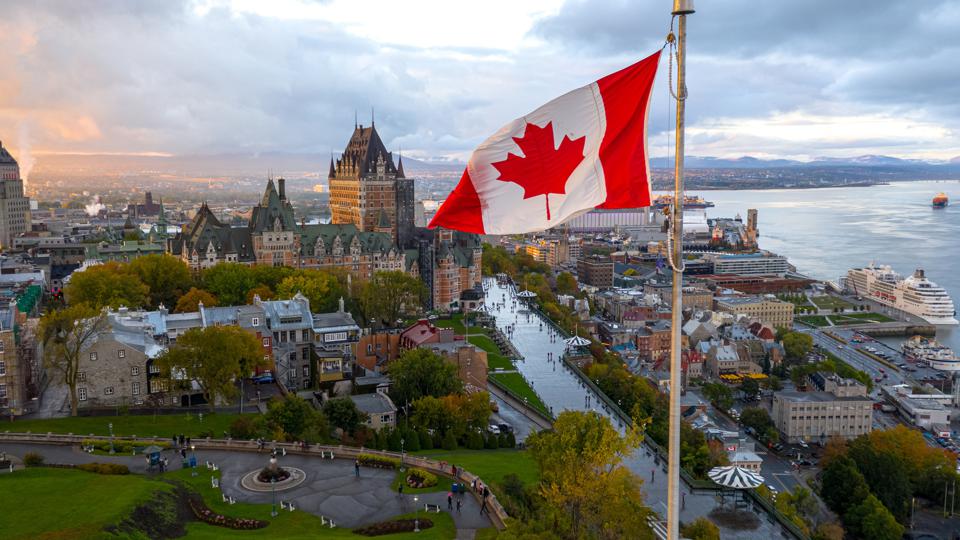
In a decisive move to address its escalating housing crisis, Canada announced a significant policy change on Monday, imposing a two-year cap on international student permits.
This development is expected to see a substantial reduction in the number of approved study permits, marking a 35% decrease from 2023’s figures to approximately 360,000 in 2024.
This decision, as outlined by the Immigration Minister Marc Miller, is not just a response to the housing shortage but also aims to protect international students from substandard educational institutions.
The catalyst for this policy shift lies in the concerns raised over the quality of education provided by certain colleges, often private-public partnerships, which offer inadequate services at high costs.
However, the decision transcends the educational sector, addressing broader socio-economic issues.
Population Growth Concerns: The third quarter of the previous year saw Canada’s population grow at its fastest rate in over six decades.
The Canadian Alliance of Student Associations (CASA) is reported to have voiced criticism of the government’s approach, arguing that the cap is a reactionary measure to the housing crisis rather than a strategic solution.
Looking Ahead
As Canada grapples with these complex challenges, the government’s decision to cap international student permits reflects a multifaceted approach to policy-making.
The Federal Inland Revenue Service (FIRS) has begun its recruitment exercise for experienced professionals to…
Primate Elijah Ayodele Unveils 94-Page Prophecy for 2025, Makes Striking Predictions About Nigeria’s Political and…
The Senior Special Assistant to President Bola Tinubu on Community Engagement (North Central), Abiodun Essiet,…
The Minister of Information and National Orientation, Mohammed Idris, has warned politicians against linking stampedes…
Tobi Adegboyega, founder of the Salvation Proclaimers Anointed Church (SPAC Nation), has stated that he…
The Independent Petroleum Marketers Association of Nigeria has said that petrol is going to sell…